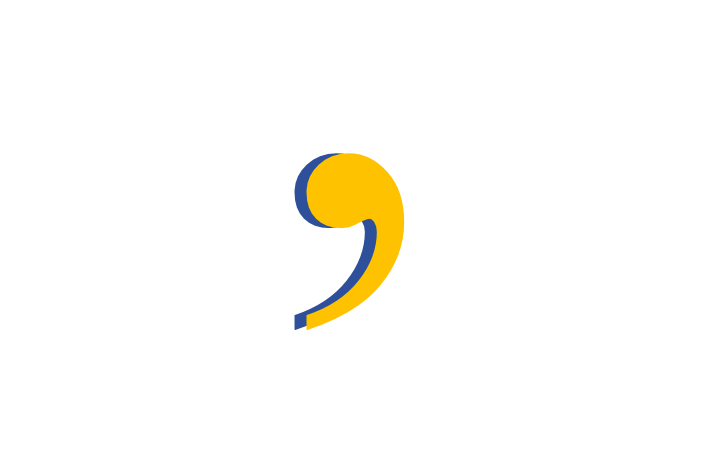My campaign for the Oxford comma
Mar 4, 2021
We’ve all learned about the importance of commas since the beginning of our grammar education. The classic example of “Let’s eat, Grandma!” as opposed to “Let’s eat Grandma!” has surely been burned into our brains since the 5th grade, reminding us that commas can and will change the meaning of sentences. However, the Oxford comma has often been overlooked in our grammar classes due to its undermined responsibility. This is my plea.
The Oxford comma is used in lists, appearing before the word ‘and’ to make clear distinctions that the subject after ‘and’ is separated from the subject before. The Associated Press is widely known for its exclusion of this beloved punctuation mark. AP style is used by journalists, broadcasters and marketing departments. This list also includes us here at The Carroll News, if you couldn’t tell from my sad lack of Oxford commas.
I’ll share an example. Back in 2013, Sky News released a headline that sent push notifications to cell phones all over the country with this tag: “Top Stories: World leaders at Mandela tribute, Obama-Castro handshake and same sex marriage date set…” Kinda funny, right? Although published in correct Associated Press formatting, this notification could have been made clearer with our good old friend Oxford.
Have I convinced you yet? Let’s say you are writing about your father. “He is a hard worker, dreamer, husband and father of two children.” What I am reading is that he is both a father and a husband to his children, which doesn’t make sense. An Oxford comma would provide clarity for readers.
Now I’m sure at this point you are wondering, how could anyone possibly reject the Oxford comma? I’ll share some counterarguments. Routinely good pupils might claim that the English language has rules we must follow, that we must not change these rules if unnecessary. However, I think that most rules are meant to be questioned. The Oxford comma is surely necessary. Clearly, those who adhere to the “rules” must be doing so blindly. The Oxford comma offers accuracy and confirmation to our lists.
Another common argument is that we were never taught how to use it properly, so “Why start now?” We should start using the Oxford comma now to normalize its functionality and bring light to the sad, sad lists that have been unclear in our past. Pushing this boundary and making this argument in a climate that currently looks past the Oxford comma may seem like a miniscule change, but I believe that using the Oxford comma could change the way we write and interpret our work.
A tiny mark, a stroke of a pen, a period with a tail, the Oxford comma never fails to do its job swiftly, intentionally and accurately. Oh, how I wish Oxford could be in this space with us today. Until that sweet, sweet moment arrives, we must fight for our right to utilize this stroke of clarity.












